
And Then All Hell Broke Loose
Two Decades in the Middle East
ISBN: 9781451635119
Pages: 241
Recommendation
Foreign correspondents trek into dangerous territory, braving language barriers, cultural hurdles and unfriendly officials – not to mention tear gas, rubber bullets and mortar rounds. Ideally, they bring back stories that help us understand faraway conflicts. NBC television journalist Richard Engel delivers a clear-eyed account of the Middle East’s two-decade descent into chaos. After graduating from Stanford in the 1990s, Engel worked in Egypt in the early days of the Muslim Brotherhood, moved to Jerusalem as the Second Intifada heated up and headed to Baghdad before the 2003 US invasion. Engel learned Arabic and gained an understanding of Middle Eastern cultures. Writing engagingly in short, clear sentences, he combines religious history and political context with on-the-ground observations and the occasional grisly detail. While always politically neutral, getAbstract recommends Engel’s report those seeking insight into a contentious region.
Summary
About the Author
Richard Engel is chief foreign correspondent for NBC News. This is his third book about the Middle East.





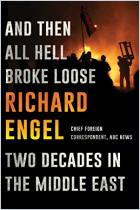
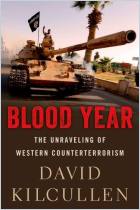
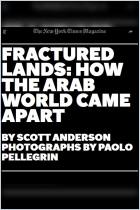
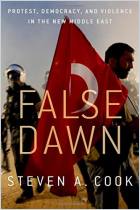
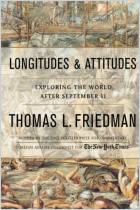
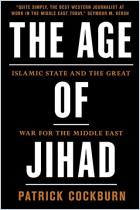





Comment on this summary